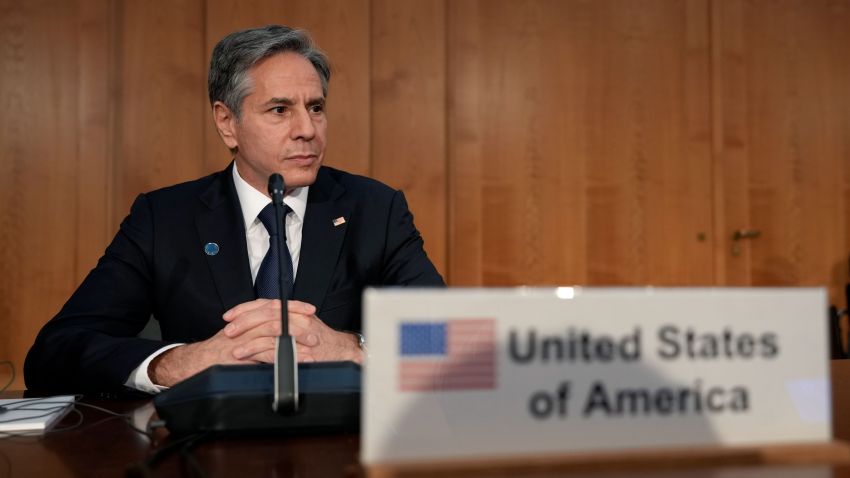Three years after its inception, U.S. efforts to implement the Global Fragility Act have been met with fanfare as well as understandable skepticism. The act was passed in 2019 with an aim to supporting stability and preventing violent conflict abroad. Washington’s recent announcement of an initial focus on four countries—Libya, Haiti, Mozambique and Papua New Guinea—alongside a regional strategy for littoral West Africa, is an important first step for turning strategy into action.
While a forward-looking focus on the GFA’s implementation in difficult contexts like Libya is critical, Washington’s emphasis on fragile states will also require enhanced attention to adaptation and learning, as well as institutional modernization at home. Implementing the GFA’s ambitious agenda will require a judicious allocation of its budget with concerted interagency effort and collaboration. This includes a need for a strong partnership between the State Department and the U.S. Agency for International Development, or USAID, as well as support from the Defense Department. But the coronavirus pandemic and myriad new global challenges have highlighted the importance of addressing the fractures and failures within the U.S. agencies tasked with implementing this new act.
A good place to start is by applying some of the act’s principal components to the United States’ own institutions and programming, particularly when it comes to a learning-based approach to “good governance.” The Foundations for Evidence-Based Policymaking Act of 2018 already aims to promote more robust, data-driven approaches to U.S. government programming. These principles align with the GFA’s aim to embed an explicit learning agenda and accountability strategy to lesson-learning and adaptation, alongside Washington’s own promotion of these principles to bolster the resiliency of governments abroad.

